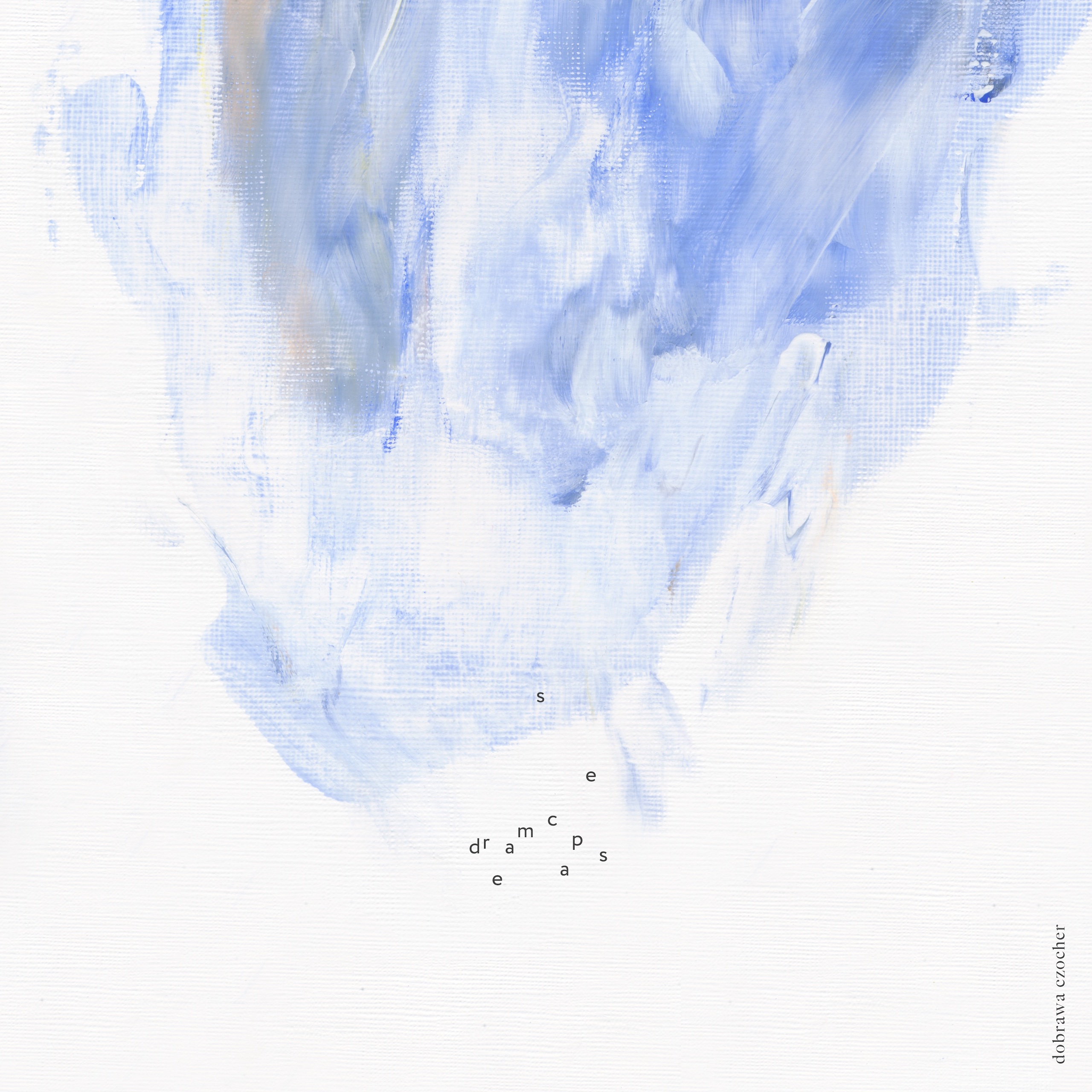Dobrawa Czocher – Dreamscapes

Dreamscapes is a major moment for Dobrawa Czocher, one of Europe’s most esteemed contemporary cellists and budding composers. The principal cellist of the Neue Philharmonie Berlin and a member of the Junge Deutsche Philharmonie, this is her first full-length body of solo new material, and Czocher seizes the opportunity to establish her storytelling credentials.
Immediately with ‘Prologue’, we are thrown into an uncertain world, Czocher’s bowed cello strings gulping and heaving with a pregnant anxiety – is this place threatening? Mournful? Is this the sound of an awakening from a long hibernation, or a surrender to the endless chasm of night? We assume, as the lead track on an album named Dreamscapes that the latter is on the money and we, the listener, throw ourselves into the open arms of the subconscious.
If an air of danger has infiltrated the air, then ‘Doppelgänger’ does little to calm the nerves. Czocher seems to invoke a blend of wonder, intrigue and caution as the spectre of the titular body double looms imperceptibly large. Eventually, the skittish, palpitating stabs slowly soothe as the track progresses, and the mood softens, giving way to ‘Chasing the Now’, which inherits that steady patience, its range of strings moving initially as one unified mass, before scattering and blooming into miniature frenzies of activity. Short, sharp notes spark movement and for the first time, Czocher builds up a head of steam, being overtaken by an urgent and restless desire to explore the virgin territory before her. That energy inhabits the scurrying, pulse-quickening ‘Voices’, too, Czocher’s bow prickling the strings in a breathless pursuit, the voices seemingly something to evade rather than embrace.
With nothing more concrete than a set of track titles, we are left to our own devices to fill in the narrative information, and while each listener will inevitably assemble their own customised adventure, the key is that it is never a strain to get there. Dreamscapes is brimming with musical sketches, just waiting to be completed as vividly and as divorced from the shackles of waking logic as the listener sees fit. Czocher’s cello remains the nucleus at the centre of it all, her playing assured and intense, resisting showiness but maintaining a commanding presence, but it is her effortless ability to communicate with her writing that installs her as one of the most compelling new artists in European contemporary classical music.